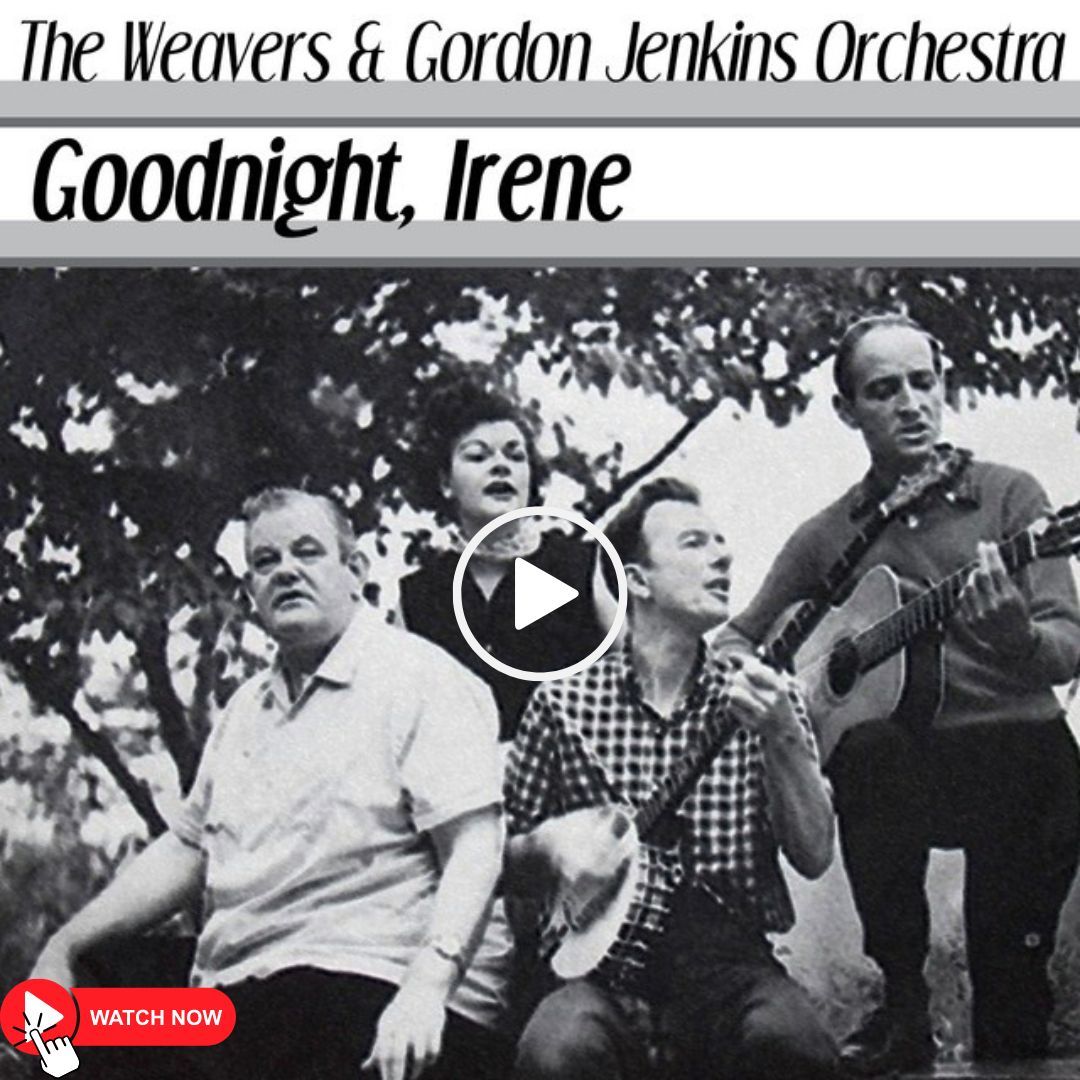“Goodnight, Irene” by Gordon Jenkins & The Weavers is a classic folk song that gained immense popularity in the 20th century. Originally recorded by Lead Belly in the 1930s, the song was later adapted and popularized by The Weavers, a folk music quartet, along with conductor and arranger Gordon Jenkins. The Weavers’ version, released in 1950, became a massive hit, topping the charts for multiple weeks.
The song features a blend of traditional folk and country elements, characterized by its simple yet captivating melody and harmonious vocals. “Goodnight, Irene” stands as a timeless example of the folk music revival of the mid-20th century, with The Weavers’ rendition becoming an emblematic representation of the era’s folk music movement.
